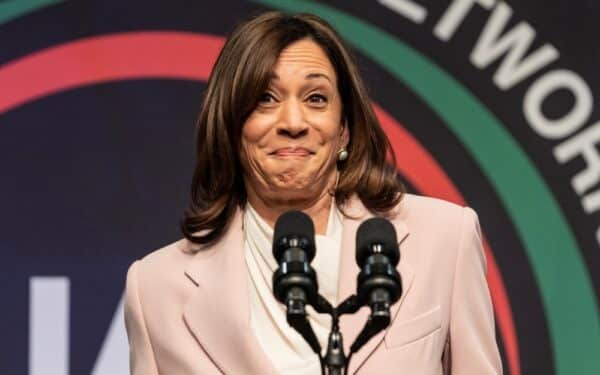Leadership is as much about seizing the moment as it is about anything else, policy included. Six years ago, Emmanuel Macron was the new kid on the block in France. After twelve years of Jacques Chirac, during whose presidency not much happened that sticks in the memory other than the decision not to join George W Bush and Tony Blair in the invasion of Iraq, voters were ready for a jolt. And that is what they got in Macron.
By contrast, the new President’s erstwhile opponent, Marine Le Pen, looked to be a beaten docket. She had given her all to the cause of the far-right, denouncing immigration and warning of the dangers of militant Islam. But her cries fell on too many deaf ears, and Macron, promising to take France in an exciting new direction, ”neither left nor right,” won the Élysée by a landslide.





